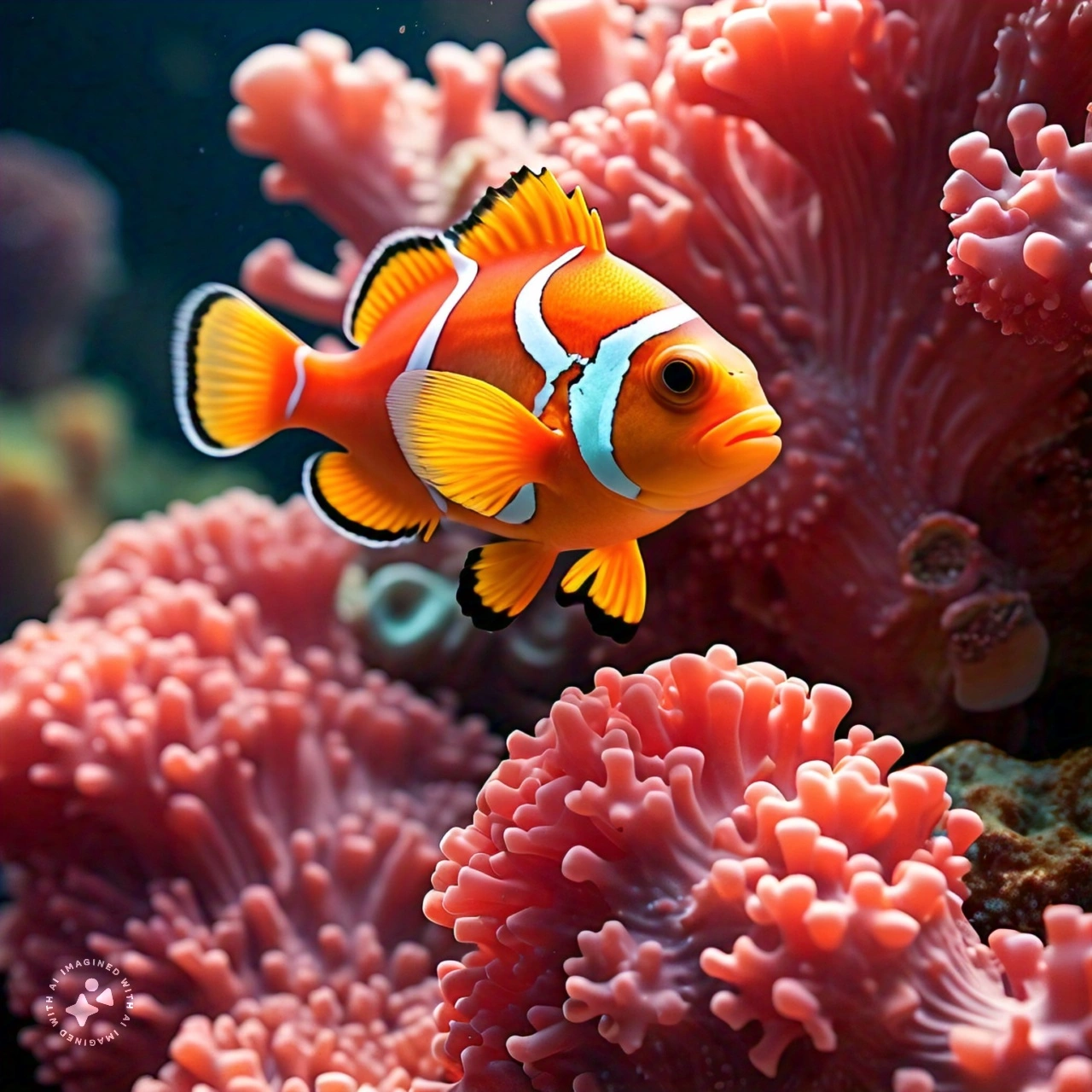The Role of Aquatic Plants in Your Garden Pond Ecosystem
Discover the importance of aquatic plants in creating a thriving garden pond ecosystem. Learn and enhance your pond’s natural beauty today!
Aquatic plants play an essential role in creating a healthy and balanced ecosystem in your garden pond. They not only add beauty and interest to your pond but also provide numerous benefits to the plants, animals, and water quality.
Here are some of the reasons why you should consider adding aquatic plants to your garden pond:
Oxygenation
Aquatic plants release oxygen into the water through photosynthesis, which is vital for the survival of fish and other aquatic animals in the pond. The plants absorb carbon dioxide and other pollutants, making the water cleaner and healthier.
Filtration
Aquatic plants also act as natural filters, absorbing excess nutrients such as nitrogen and phosphorus from the water. This helps prevent the growth of harmful algae and promotes the growth of beneficial microorganisms that further improve water quality.
Habitat
Aquatic plants provide a habitat for a variety of organisms, such as fish, snails, and insects. These organisms use the plants as shelter, feeding grounds, and breeding areas. By providing a diverse habitat, you can help maintain a healthy ecosystem that is less susceptible to disease and pest outbreaks.
Aesthetics
Aquatic plants add beauty and interest to your garden pond. They come in a variety of shapes, sizes, and colors, and can create a natural-looking environment that complements the surrounding landscape. Plants such as water lilies, lotus, and irises can also provide shade and privacy to your pond.
Erosion Control
Aquatic plants help prevent soil erosion and maintain the integrity of the pond’s banks. Their roots hold the soil in place and prevent it from being washed away by runoff or waves. This also helps reduce the amount of sediment that accumulates in the pond, which can negatively impact water quality.
When selecting aquatic plants for your garden pond, it’s essential to consider the plant’s specific requirements, such as water depth, temperature, and sunlight needs. Some plants, such as water lilies, require deep water, while others, such as cattails, prefer shallow water.
Common Types of Aquatic Plants
Here are some common types of aquatic plants you can consider adding to your garden pond:
Floating Plants
Floating plants, such as water lettuce and duckweed, float on the water’s surface and provide shade and shelter for fish and other aquatic animals. They also absorb excess nutrients and help maintain water quality.
Submerged Plants
Submerged plants, such as hornwort and eelgrass, grow entirely underwater and release oxygen into the water through photosynthesis. They also provide a habitat for aquatic animals and absorb excess nutrients.
Marginal Plants
Marginal plants, such as cattails and rushes, grow in shallow water and help prevent soil erosion. They also provide a habitat for birds, insects, and amphibians.
Water Lilies
Water lilies are perhaps the most popular aquatic plant and are known for their beautiful flowers and leaves. They require deep water and plenty of sunlight and provide shade and shelter for fish and other aquatic animals.
In conclusion, aquatic plants play a vital role in creating a healthy and balanced ecosystem in your garden pond. They not only add beauty and interest to your pond but also provide numerous benefits to the plants, animals, and water quality. By incorporating a variety of aquatic plants into your pond, you can create a thriving ecosystem that is both aesthetically pleasing and environmentally friendly.
-

How Long Do Clownfish Live | A Complete Guide
-


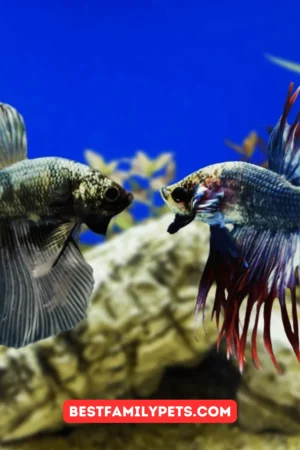
What Species Would Be the Best Betta Tank Mates?
-


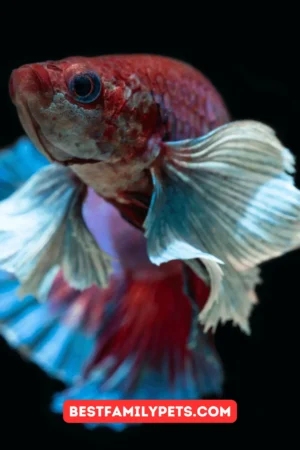
Discover the Unique Charm of Plakat Betta Fish: A Comprehensive Care Guide
-


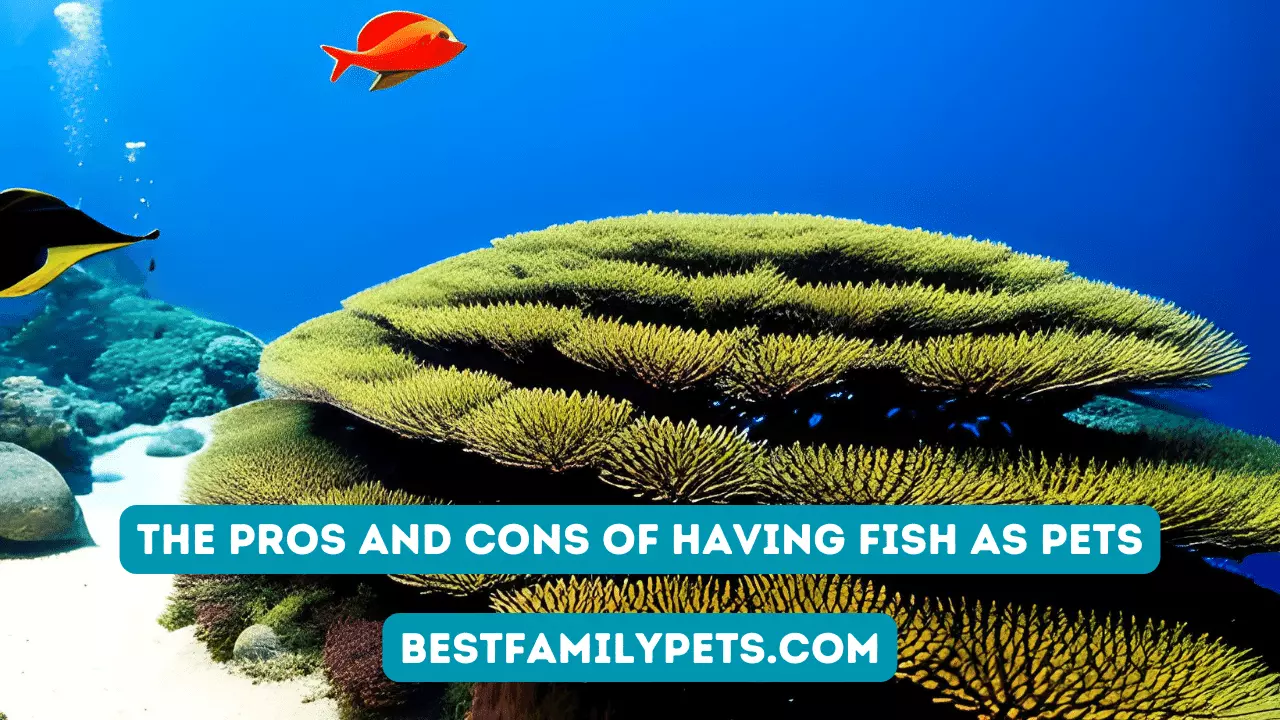
The Pros and Cons of Having Fish as Pets
-


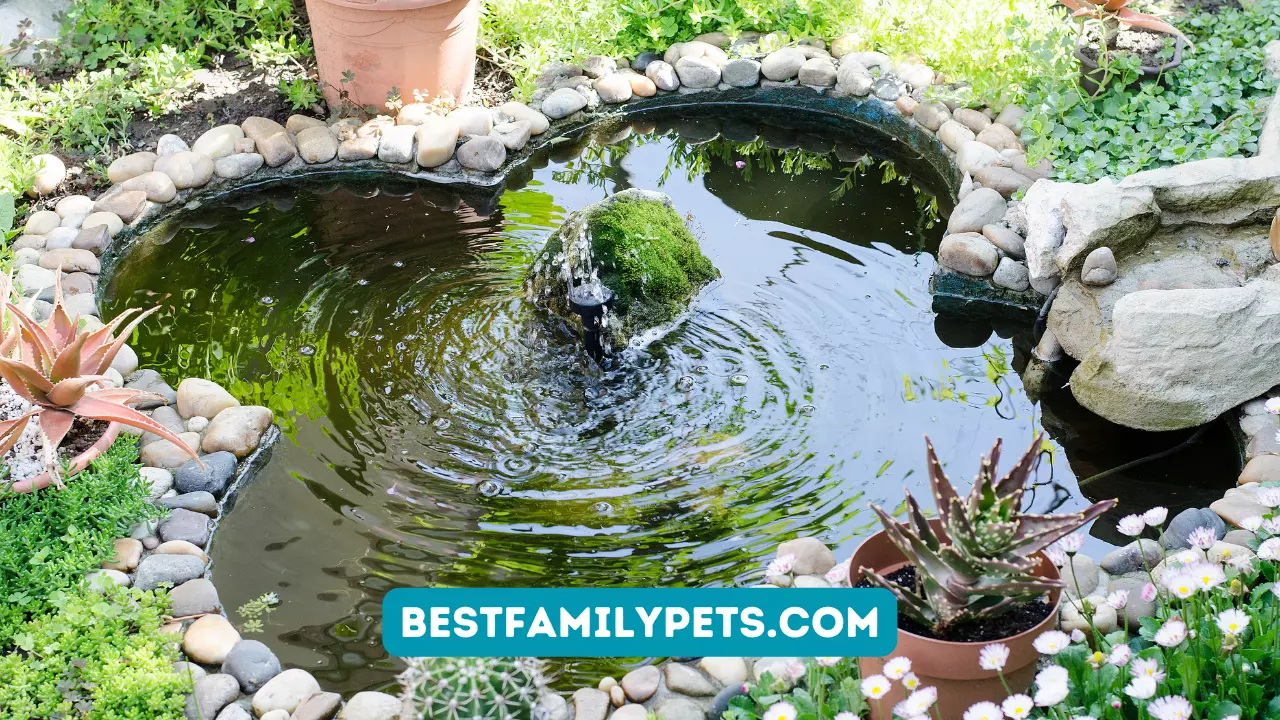
Keeping Fish in Your Garden, the Top Tips
-


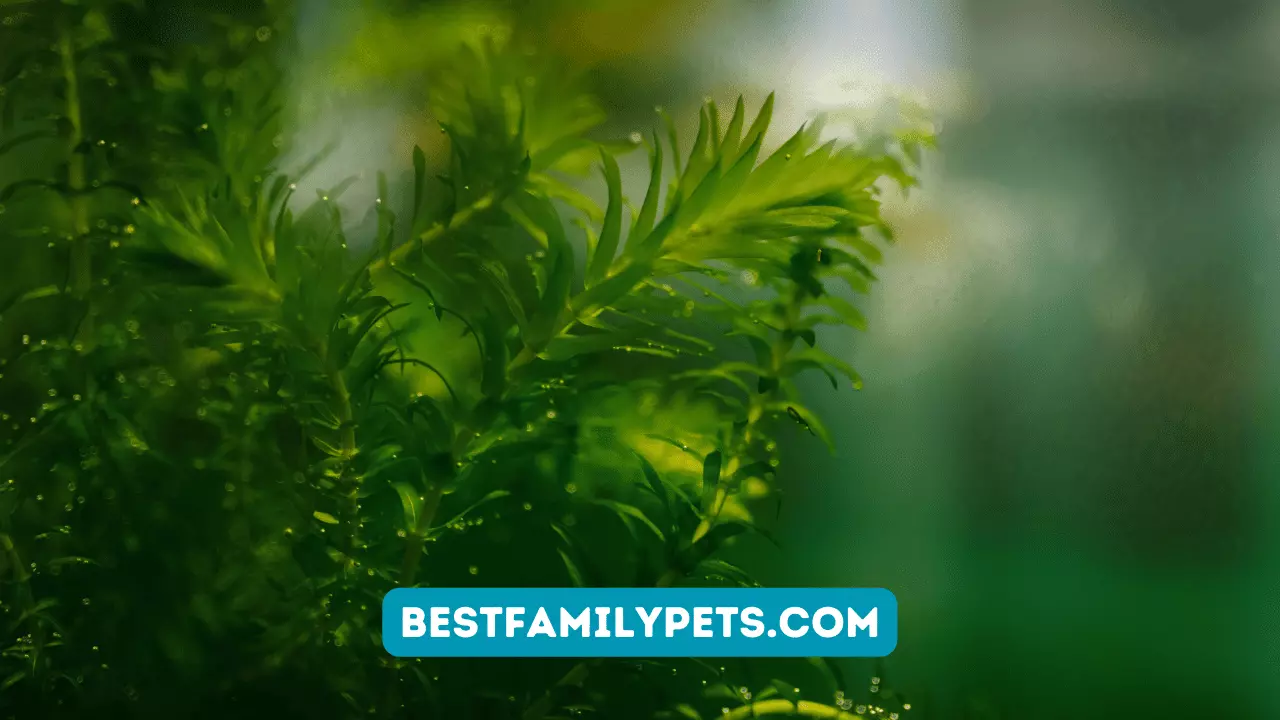
The Role of Aquatic Plants in Your Garden Pond Ecosystem
-


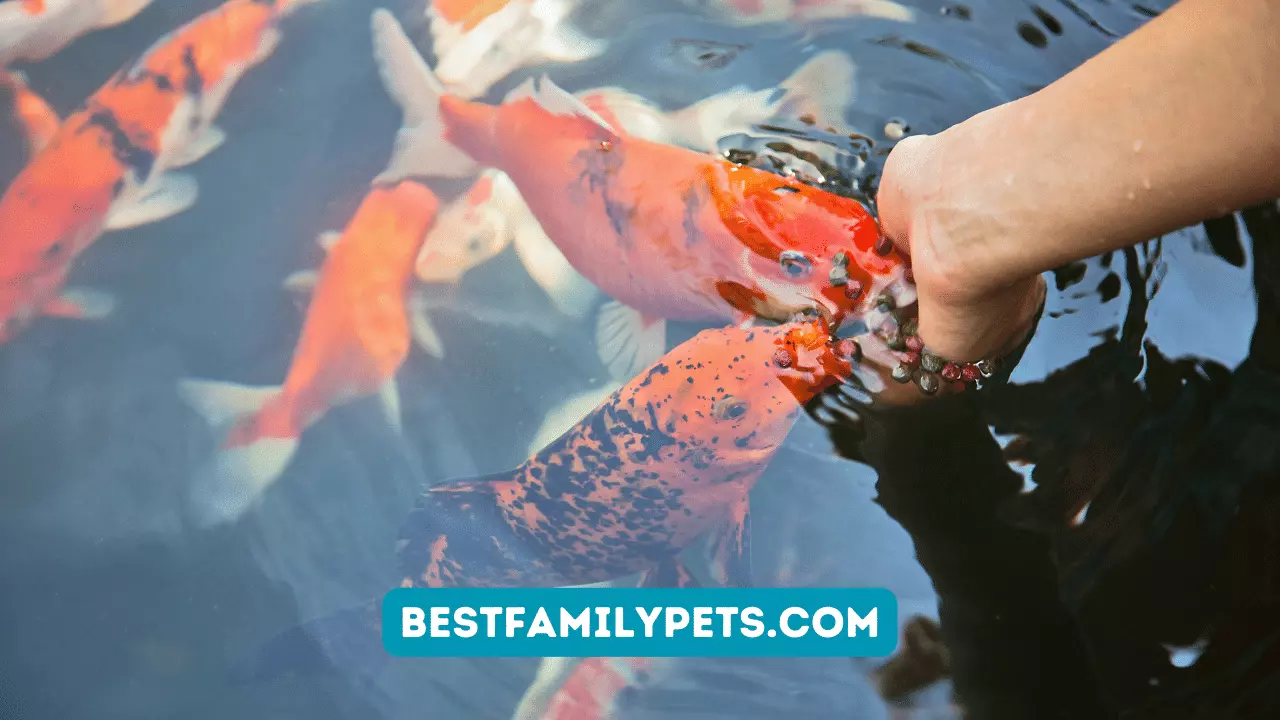
Common Problems to Avoid When Keeping Fish in Your Garden
-


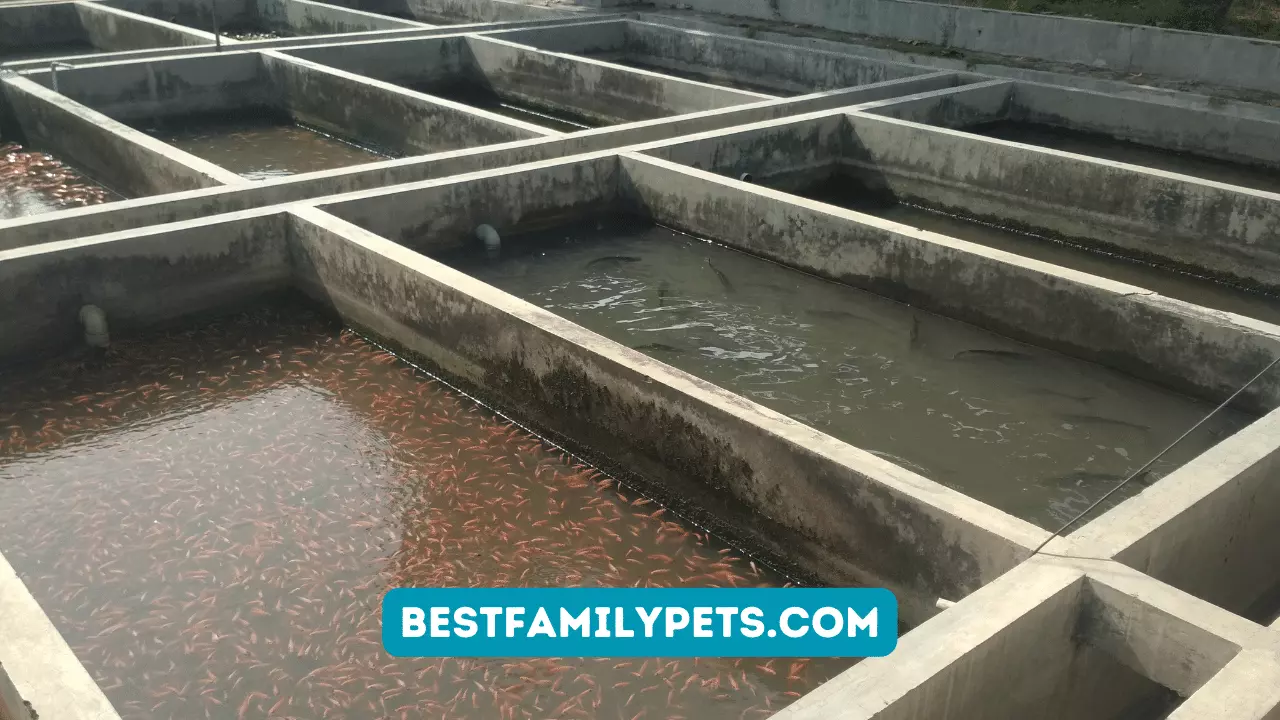
DIY Pond Building Tips for Beginners
-


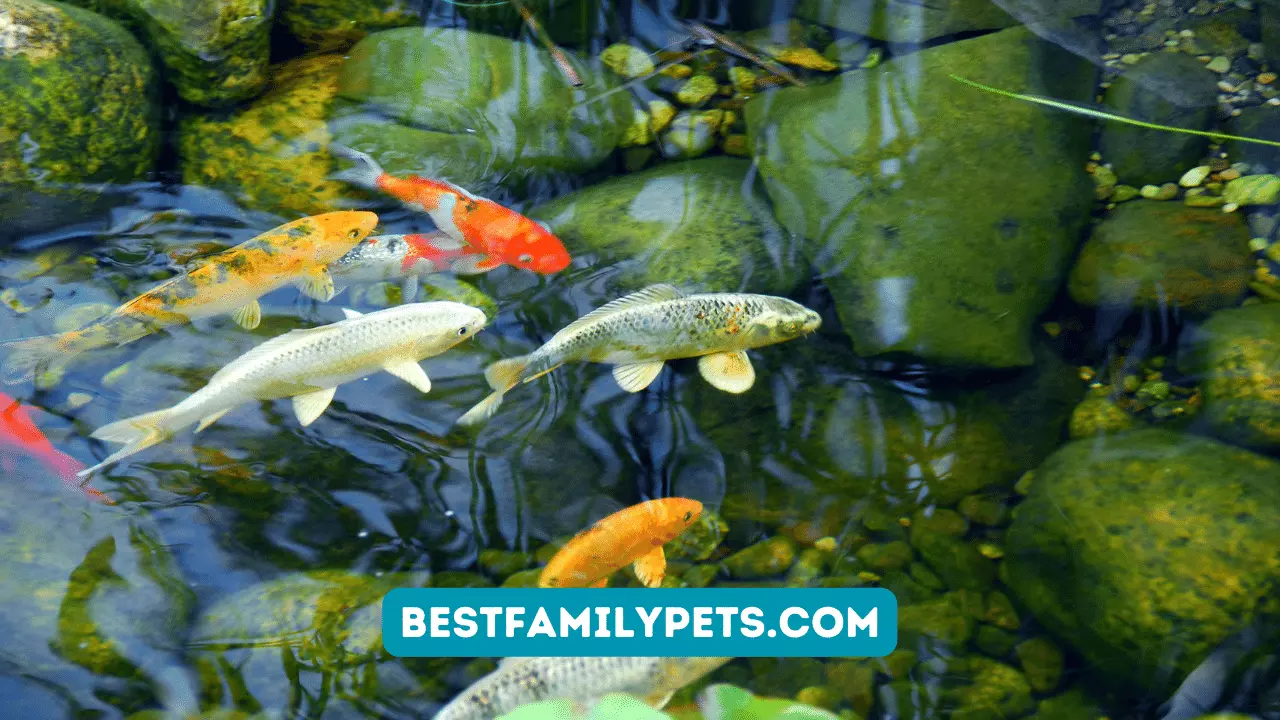
Choosing the Right Fish for Your Garden Pond
-


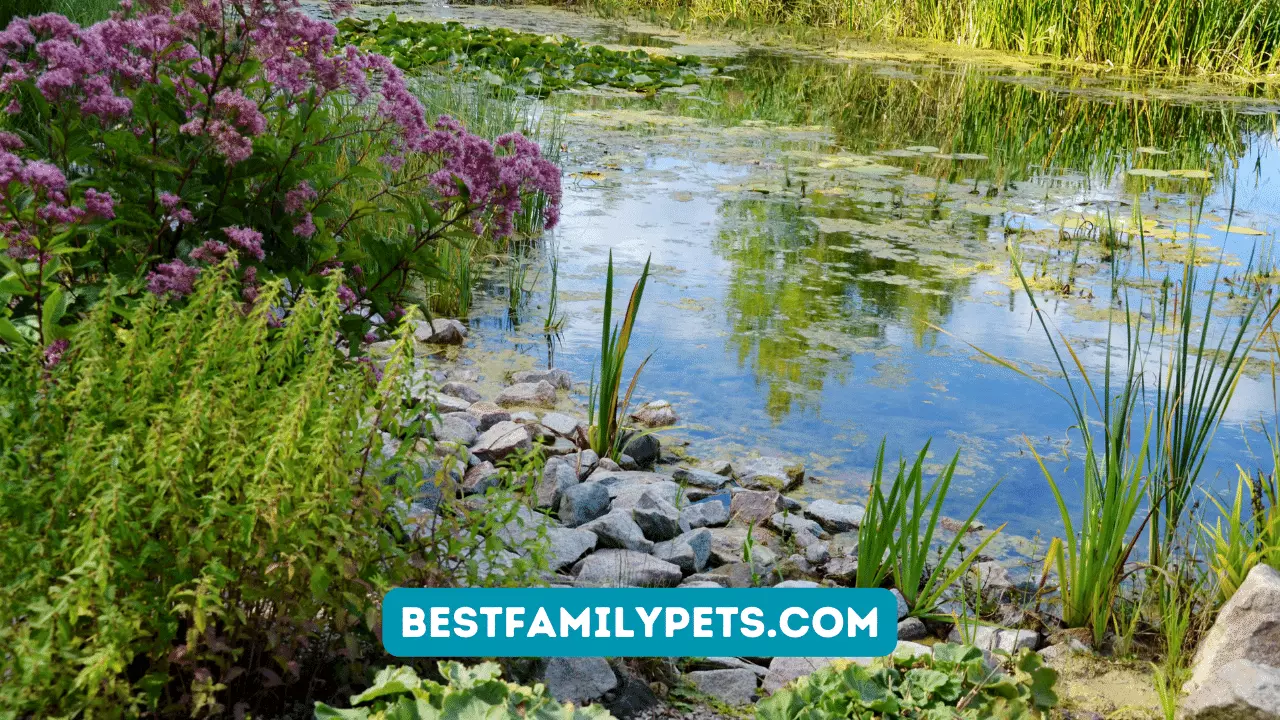
The Benefits of Having a Pond in Your Garden
-


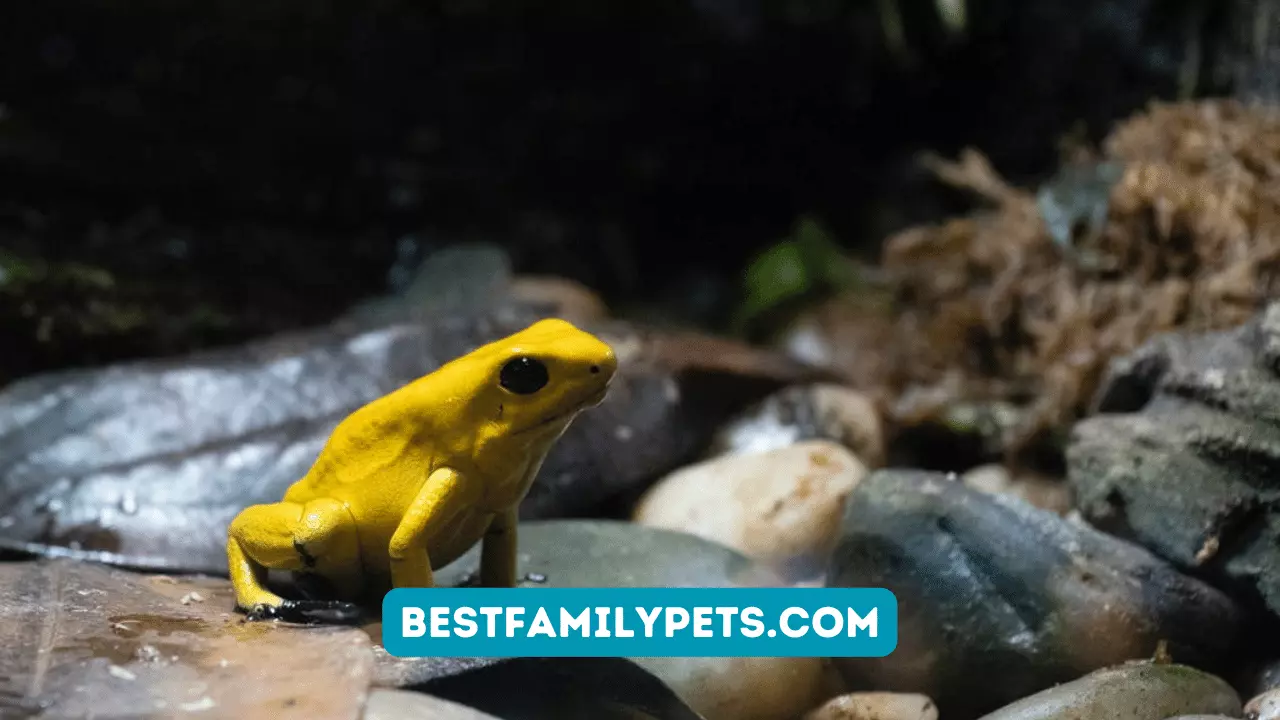
Dwarf Frogs in the Aquarium
-


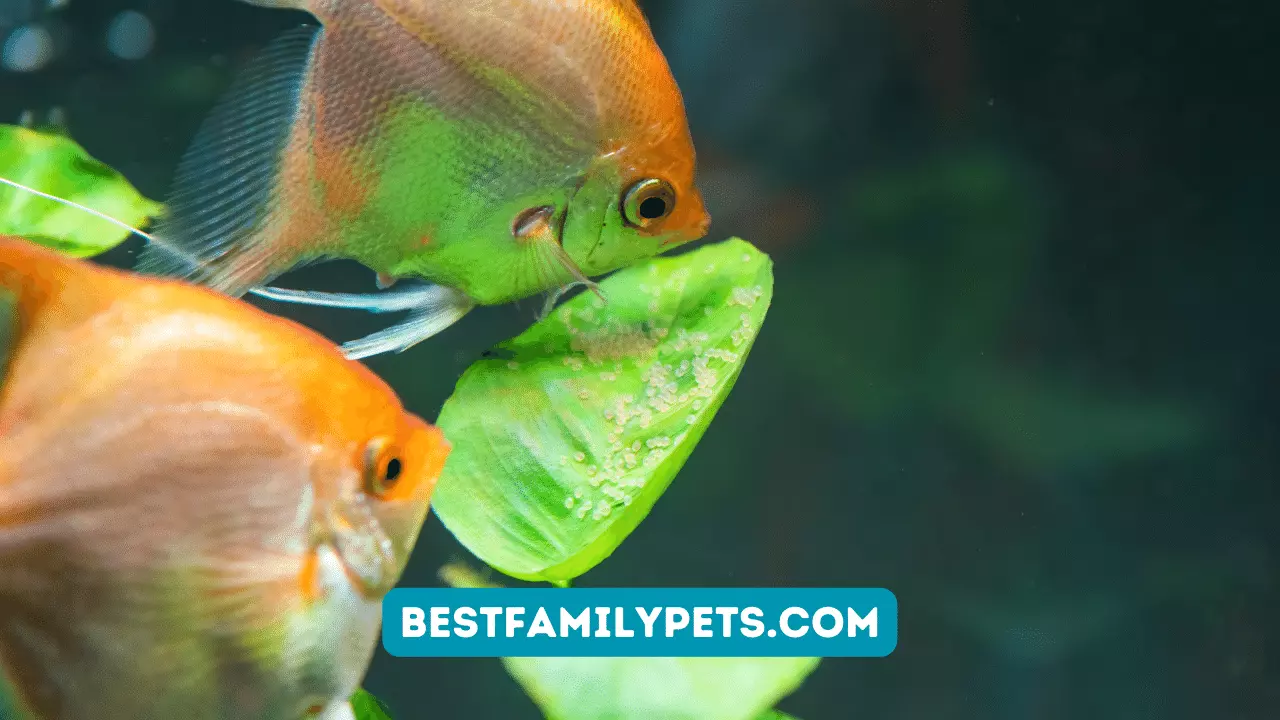
What Should You Know Before Keeping Fish?

